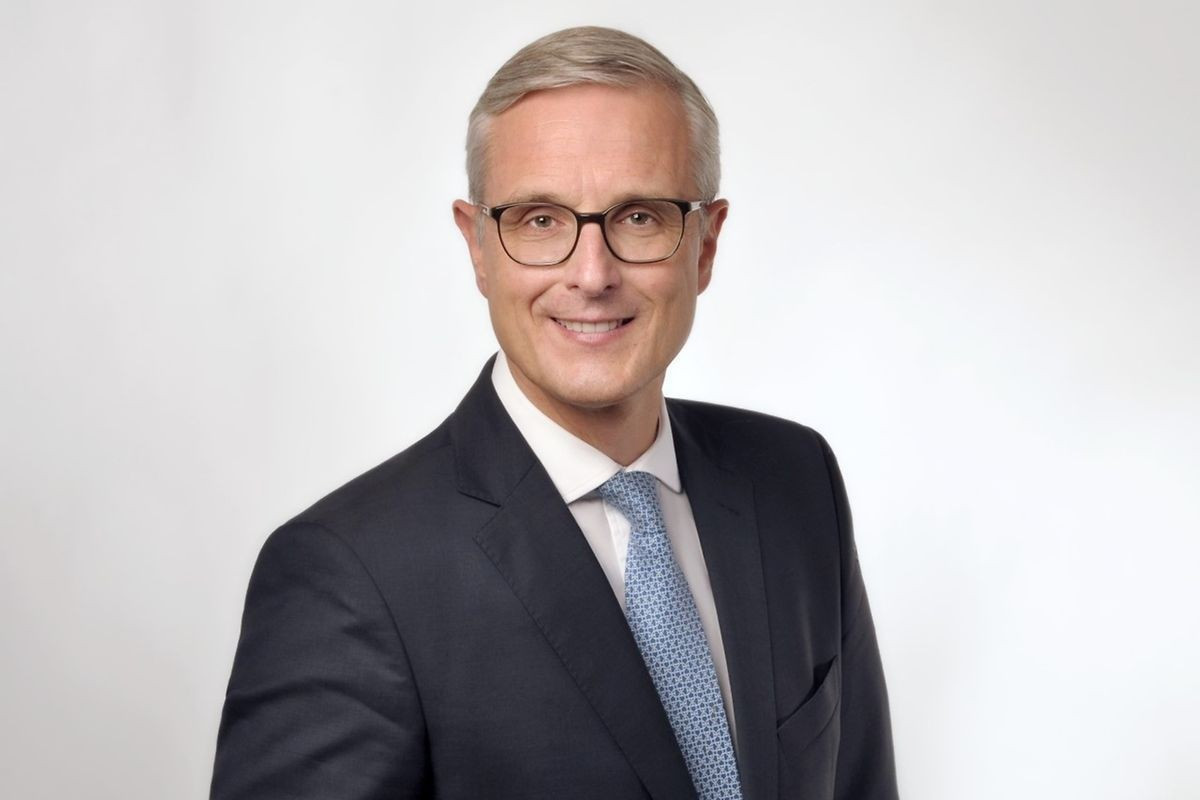Deutsche Bank Luxembourg published its annual results for 2021 on 12 May. On this occasion, the bank announced that it had recorded a net result of €148m, compared to €91m in 2020, an increase of 62%. At the same time, its net income rose by €35.5m to €325.4m. The balance sheet total also grew to €27.5bn on 31 December 2021, compared to €25.7bn the previous year.
Loans and advances to customers, on the other hand, fell slightly from €13.7bn in 2020 to €13.5bn in 2021.
Citing “a difficult economic environment”, Frank Rückbrodt, CEO and member of the Management Board of the Luxembourg entity said: “Our bank has once again achieved profitable growth and was thus able to strengthen the level of its voluntary reserves, while paying its parent company a dividend of some €151m.”
Rising costs
As far as expenses are concerned, the CEO of Deutsche Bank Luxembourg says that he has followed the upward trend of the sector: “We have therefore had an increase in expenses. Our general administration costs increased by 6%, whereas in Luxembourg, these costs increased by 10.6%." He explains the increase in costs experienced by the banking institution by “a strengthening of controls, particularly in the areas of KYC”.
In 2021, the banking institution reduced its net risk provisions to €24.4m, “as a result of active and conservative risk management”. In 2020, however, this figure was €51m “due to the pandemic”.
Deutsche Bank Luxembourg's regulatory capital came to €5.9bn. It remained stable compared to the previous year's level of €6bn. Still in terms of risks, the liquidity coverage ratio reached 167.8%, “well above the minimum threshold of 100%”, says the bank.
Side effects of the war
“Despite the good results for 2021, we remain cautious,” explains Rückbrodt, pointing out that “the economic consequences of the war in Ukraine, as well as the continuing challenges related to the pandemic, are a source of uncertainty.”
The CEO of Deutsche Bank Luxembourg explains that the group had already started to reduce its exposure to Russia since the Russian annexation of Crimea in 2014. In light of the ongoing events in Ukraine, he says that “we have no long-term material exposure on the client side in Russia or Ukraine”, stressing that “there is no existing material credit risk”.
Read also
Nevertheless, Rückbrodt does not rule out the risk of market contagion. “From a primary impact point of view, Luxembourg is not materially affected. However, the big uncertainties are the second and third round effects, which we can't see yet.” As such, the CEO of the Luxembourg entity expects uncertainties to affect the global economy, the financial markets and “our customers when it comes to the increase in oil prices, but also on commodities”.
In an uncertain macroeconomic environment, Rückbrodt is reassuring about the results for 2022. He mentions the bank's off-balance sheet items, namely syndicated loans in the investment banking division. “They have increased by €2.6bn year-on-year, from €36.2bn to €38.8bn,” he says. “We make money from this, because it contributes to our net interest income (...), which is future income for the bank.”
Looking for a new building
In terms of human resources, the bank employs 313 people, an increase on the previous year. Of these, two-thirds are cross-border workers, 90% of whom live in Germany.
The bank, which currently operates on the basis of a turnover of 50% of its staff in person and by teleworking, has announced that it will leave its current headquarters, based in Kirchberg, in the medium term. It is therefore actively looking for a new building that will accommodate a hybrid working style.
Founded in 1970, Deutsche Bank Luxembourg offers commercial banking, investment banking, private banking and asset management services and products to institutional clients. As a subsidiary of Deutsche Bank AG, it is one of the systemic banks based in Luxembourg and is therefore regulated by the European Central Bank (ECB). This Luxembourg entity represents a certain importance for the banking group.
This story was first published in French on . It has been translated and edited for Delano.
